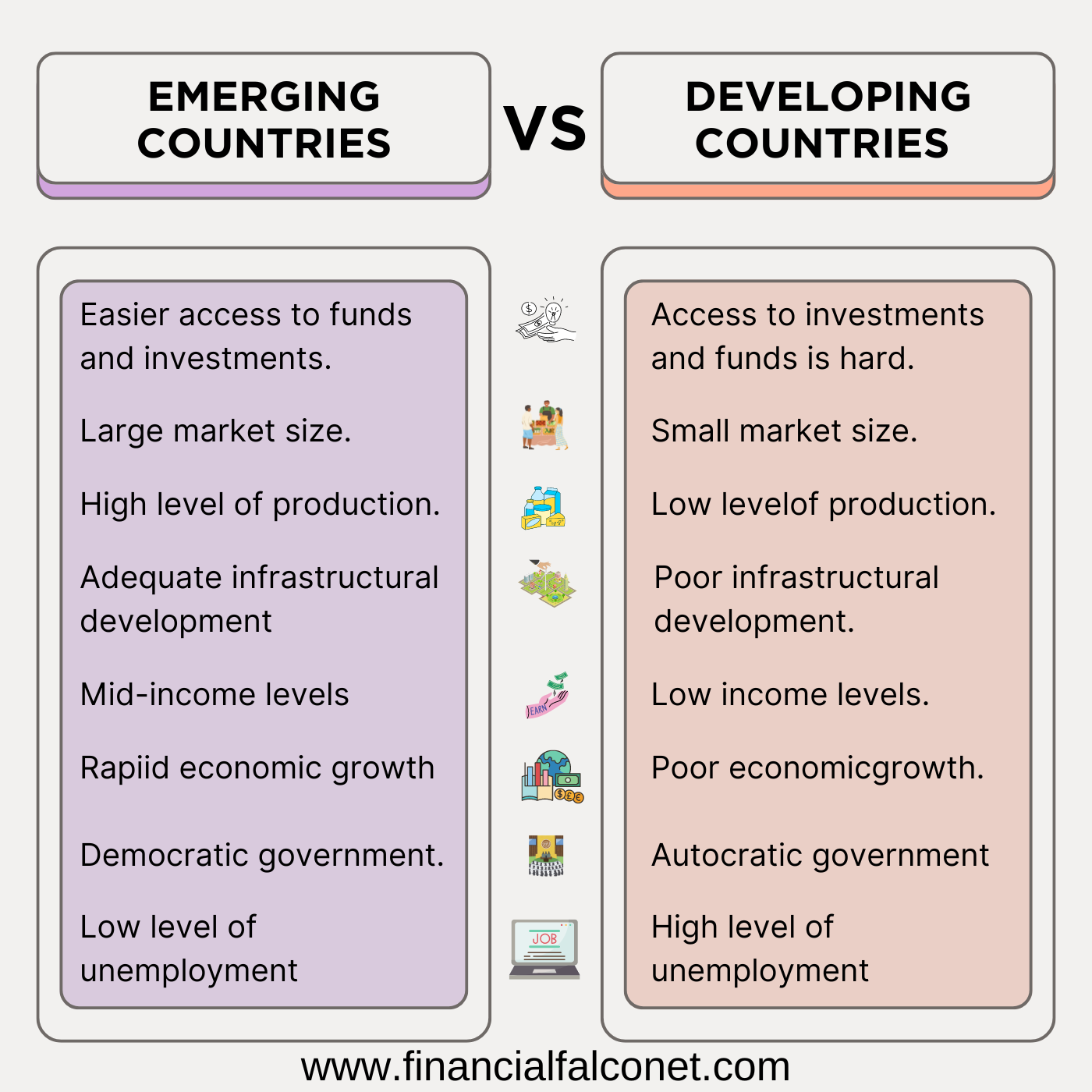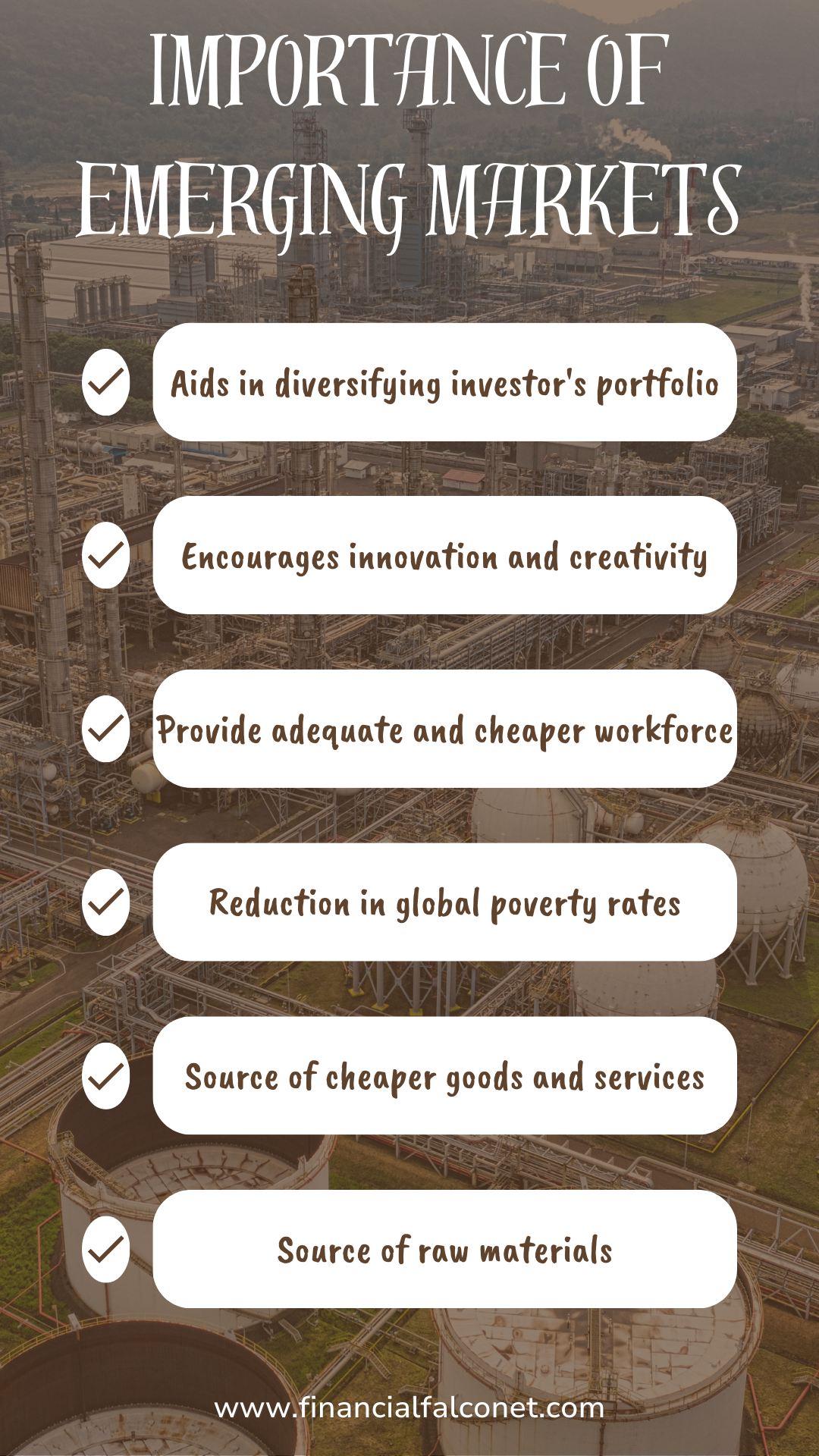
Neoliberal Economics: Neoliberalism and the Economy
Neoliberal economics is an aspect of neoliberalism that is centered on the economy. It is concerned with implementing the transformation of an economy from the government control attributed to socialism to the private ownership of the means of production as supported by liberalism. Before we discuss neoliberal economics in more detail, let us understand its broader term, neoliberalism.
See also: What is a Mixed Economy?
What is neoliberalism?
The term, neoliberalism was first used by European liberal scholars in the 1930s to describe a mid-way between socialist planning and classical liberalism. It was a very popular term among policymakers and scholars of that decade. Economically, it has been associated with the theories of economists such as Ludwig von Mises, Friedrich Hayek, James M. Buchanan, and Milton Friedman.
Neoliberalism aims to minimize government presence and interference in the economy while maximizing private ownership and control of the economy. There have been continuous debates on the meaning of neoliberalism as it has continually mutated into multiple geopolitically distinct hybrids and means different things to different people.
It is however generally thought of as a political and economic ideology that supports the existence of a government and economy that is fully capitalist and liberal, with modest welfare programs and a constitutionally limited democracy.
Neoliberalism promotes deregulation, free trade, reduced government spending, and privatization. This is based on the belief that the free enterprise system is the most efficient way of running the economy and for the allocation of resources to individuals. It further believes that sustained economic growth is the bedrock for achieving human progress.
Neoliberalism views a nation’s citizens as consumers whose individual choices are best exercised through buying and selling in a free market due to the fact that such a market rewards companies who meet consumer demands with profits and punishes companies who fail to meet consumer demands with business failure occasioned by lack of patronage.
Competition between firms is therefore a key feature of this type of market. Hence, neoliberalism views competition as the defining feature of human relations, and any attempt to limit competition in the market through government intervention is considered an impediment to liberty.

What is neoliberalism in simple terms?
See also: What is a Socialist Government?
Neoliberal policies
The word neoliberal is a dynamic word that has been defined in different ways by different schools of thought. It can be defined as regarding persons or policies. As regards persons, neoliberals are individuals that support reductions in government spending, the establishment of free markets centered on capitalism, deregulation, progressive tax regimes, and government bailouts to financially distressed companies.
As regards policies, neoliberal policies refer to initiatives and policies such as the deregulation of public industries such as transportation, banking, housing, and utilities, reduction in tax rates for both capital gains and income, as well as free trade agreements between countries to aid globalization and boost economic activities.
Policymakers and politicians such as Ronald Reagen, Margaret Thatcher, and Alan Greenspan have been associated with the implementation of neoliberal policies. For instance, Margaret Thatcher during her time as the prime minister of the United Kingdom implemented neoliberal policies which led to the privatization of national industries, exchange rate reforms, the dismantling of social welfare and housing, tax reforms, and the disempowerment of trade unions. In the United States, President Ronald Reagan saw the implementation of similar policies during his time in office between 1981 to 1989.
See also: What is an Unregulated Market?
Neoliberal economics definition
Neoliberal economics refers to the economic ideologies that pertain to the movement of the economy from one that is controlled by the government to one where private individuals control the economy. This diversion from government ownership and control often results in an economy ripe with capitalism’s characteristics. Changes are made in government spending to stimulate the private sector, industries and firms become privatized, free trade is adopted, globalization is accepted, and competition between companies is part of the economy.
Under neoliberal economics, any attempt at limiting competition in the marketplace is considered a threat to liberty. Thus, rules and regulations guiding the establishment of businesses are minimized to encourage the emergence of more businesses and consequently, more competition.
This is based on the argument that competition leads to greater innovation and efficiency with companies being rewarded with purchases based on their ingenuity and ability to meet consumers’ expectations. Public services such as transportation, education, housing, and healthcare are privatized and the provision of social welfare programs is discouraged. Taxation is generally minimal.
The organization of labor through trade unions and collective bargaining to ensure equality in wages among workers within the same sector is seen as an impediment to the formation of the natural hierarchy that results in winners and losers. Efforts aimed at creating wealth and income equality are seen as counterproductive based on the belief that in a free market, individuals get what they deserve based on their personal efficiency and productivity.
What are the core assumptions of neoliberalism?
See also: Ordoliberalism definition and characteristics
Benefits of neoliberal economics
Neoliberal economics is an economic philosophy that emphasizes the role of the market in promoting economic growth and individual freedom. It was first introduced in the 1930s but gained prominence in the 1970s and 1980s as a response to the perceived failures of Keynesian economics.
This economic ideology advocates market liberalization through the implementation of free trade, privatization of state-owned assets, reduced regulation, and low taxes. In a neoliberal economy, the role of the state is limited, and the market is allowed to operate with minimal interference. It emphasizes the importance of private enterprise and property rights and views the market as the most efficient means of allocating resources.
Neoliberal ideologies are highly influential in economics, especially that of developed countries such as the United Kingdom and the United States which were among the first examples of countries that adopted and implemented some of its core ideologies in their economy. The impact of neoliberal economics on the global economy has been significant as well, leading to increased globalization, trade liberalization, and the expansion of finance. This can be seen by the numerous free trade agreements that have come into effect between different countries. The United States in particular has implemented 14 trade agreements with a total of 20 countries.
Adopting neoliberal economic policies can bring about both positive and negative impacts on a country’s economy. On the positive side, neoliberal policies can stimulate economic growth and increase efficiency. The privatization of industries generally drives up efficiency as private industry owners are profit-driven, hence, they look for more efficient ways of carrying out production while increasing profits. It also creates a more favorable environment for private investment, innovation, and entrepreneurship.
The implementation of free trade zones lowers trade barriers by creating more open markets which makes it easier for goods and services to flow freely between countries. This can in turn lead to better product choices at more affordable prices.
On the negative side, neoliberal policies can exacerbate income inequality since firms are free to set their employees’ wages through individual bargaining during the hiring process. Social tensions, increased economic volatility and financial instability can also arise since the market is the main determinant of prices and economic exchanges. The globalization of trade and finance under neoliberalism can also lead to job losses and declining wages for low-skilled workers, as companies can move production to lower-wage countries.
Additionally, the emphasis on deregulation and market liberalization can result in environmental degradation, as corporations seek to cut costs and maximize profits.
See also: Laissez-faire capitalism definition and examples
Neoliberalism and the economy
The policies of neoliberalism support privatization, deregulation, fiscal austerity, and free trade. These have brought about considerable improvements to the economies of countries that have practiced them. Some of the improvements include higher productivity and efficiency, increased entrepreneurship and innovation as well as an overall economic boost.
Despite these benefits, neoliberalism is however not without some drawbacks to the economy. Critics of this ideology argue that its policies have contributed to growing income inequality, created financial instability, and resulted in the privatization of public goods and services. They also argue that its focus on market efficiency has resulted in a disregard for social and environmental concerns as firms have the ultimate power to carry out production however they deem fit.
The effects of neoliberal economics on a country’s economy, as well as its social impacts, are complex and multifaceted. Thus, neoliberalism remains a subject of intense academic and political debate. The success or failure of the economic ideologies propagated by neoliberalism depends on the specific context and the balance of implemented policies.


